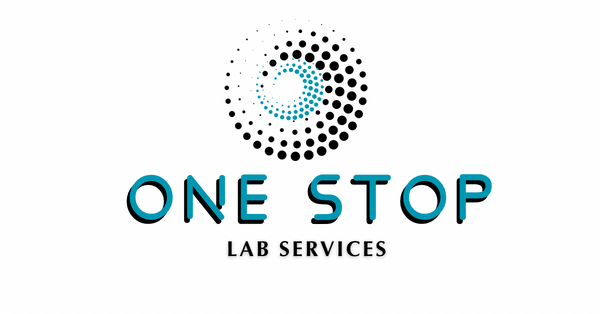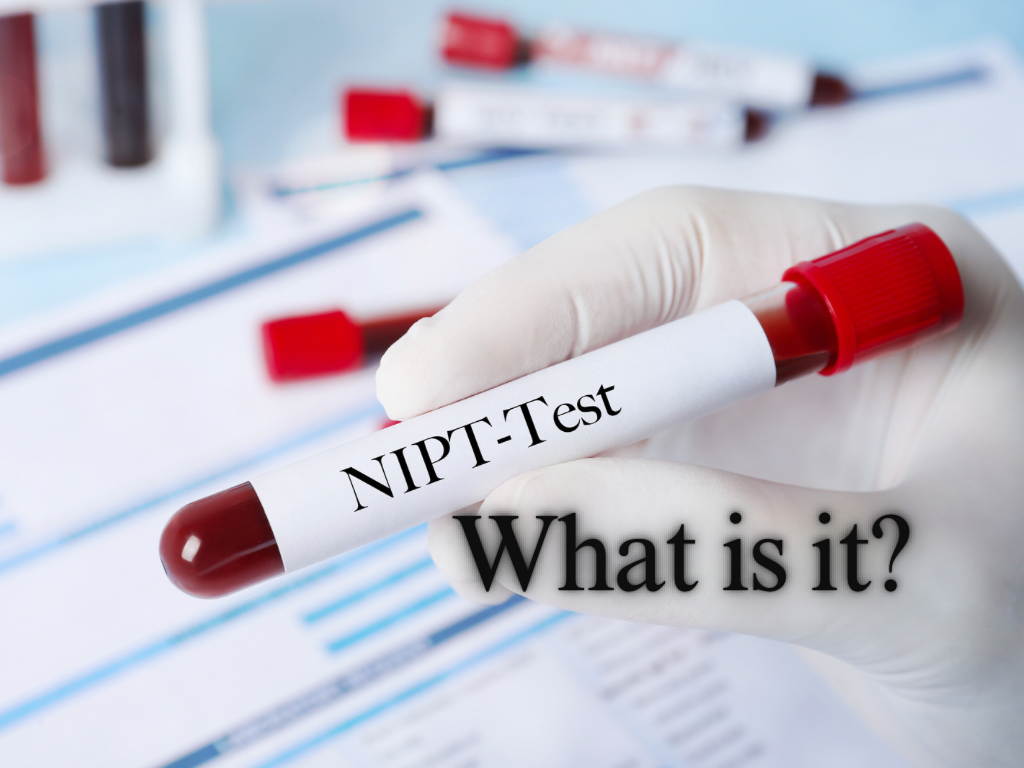In the realm of prenatal care, technological advancements have led to groundbreaking innovations, one of which is Non-Invasive Prenatal DNA Testing (NIPT). This revolutionary approach has transformed the landscape of prenatal screening, offering expectant parents a safer, more accurate, and less invasive method of assessing fetal health.
Traditionally, prenatal screening involved procedures such as amniocentesis or chorionic villus sampling (CVS), which carried inherent risks of miscarriage and required invasive procedures. However, with NIPT, a simple blood test from the mother can provide valuable insights into the genetic makeup of the fetus, offering early detection of chromosomal abnormalities with a high degree of accuracy.
So, what exactly is NIPT, and how does it work?
NIPT involves analyzing cell-free fetal DNA (cffDNA) present in the maternal bloodstream. During pregnancy, fetal DNA is released into the mother's bloodstream through the placenta. By isolating and analyzing this fetal DNA, NIPT can detect chromosomal abnormalities such as Down syndrome (Trisomy 21), Edwards syndrome (Trisomy 18), and Patau syndrome (Trisomy 13), among others.
The process begins with a simple blood draw from the expectant mother, typically performed as early as 10 weeks into the pregnancy. This blood sample contains a mixture of maternal and fetal DNA. Advanced sequencing technologies are then employed to analyze the DNA fragments, distinguishing between maternal and fetal DNA based on differences in genetic signatures.
By comparing the relative amounts of chromosomes present in the fetal DNA, NIPT can identify abnormalities with a high level of accuracy. It's important to note that while NIPT is highly accurate, it is considered a screening test rather than a diagnostic test. In cases where NIPT results indicate a potential abnormality, further diagnostic testing such as amniocentesis or CVS may be recommended for confirmation.
The benefits of NIPT are manifold:
-
Safety: Unlike invasive procedures like amniocentesis or CVS, NIPT poses no risk of miscarriage or harm to the fetus. It's a non-invasive and safe option for prenatal screening, offering peace of mind to expectant parents.
-
Accuracy: NIPT boasts high sensitivity and specificity rates for detecting common chromosomal abnormalities, providing reliable results that can help guide prenatal care decisions.
-
Early Detection: NIPT can be performed as early as 10 weeks into the pregnancy, allowing for early detection of potential genetic issues and ample time for informed decision-making and planning.
-
Reduced Anxiety: For many expectant parents, the wait for prenatal test results can be anxiety-inducing. NIPT offers quick turnaround times, often providing results within a matter of days, helping to alleviate anxiety and uncertainty.
-
Insight into Fetal Health: Beyond chromosomal abnormalities, NIPT can also provide insights into other aspects of fetal health, such as gender determination and the risk of certain genetic conditions.
While NIPT offers remarkable benefits, it's essential to recognize its limitations. NIPT is primarily designed to detect common chromosomal abnormalities and may not identify other genetic conditions or structural birth defects. Additionally, false positives and false negatives can occur, emphasizing the importance of confirmatory diagnostic testing in cases where NIPT results are abnormal.
In conclusion, Non-Invasive Prenatal DNA Testing represents a significant advancement in prenatal care, offering expectant parents a safer, more accurate, and less invasive option for screening fetal health. With its ability to detect chromosomal abnormalities early in pregnancy, NIPT empowers parents with valuable information to make informed decisions about their prenatal care journey. As technology continues to evolve, the future holds even greater promise for NIPT, ushering in an era of improved prenatal screening and personalized healthcare for expectant families.

